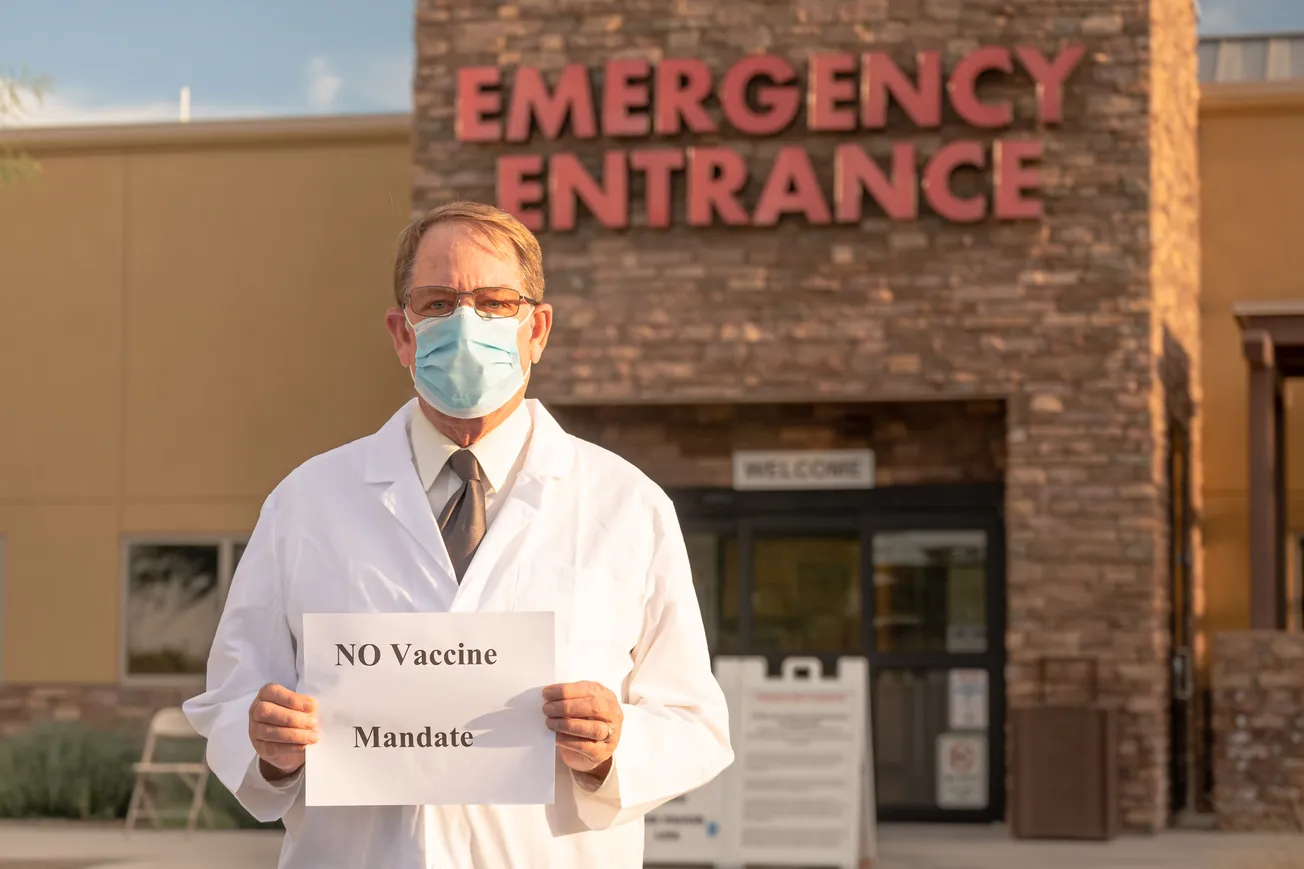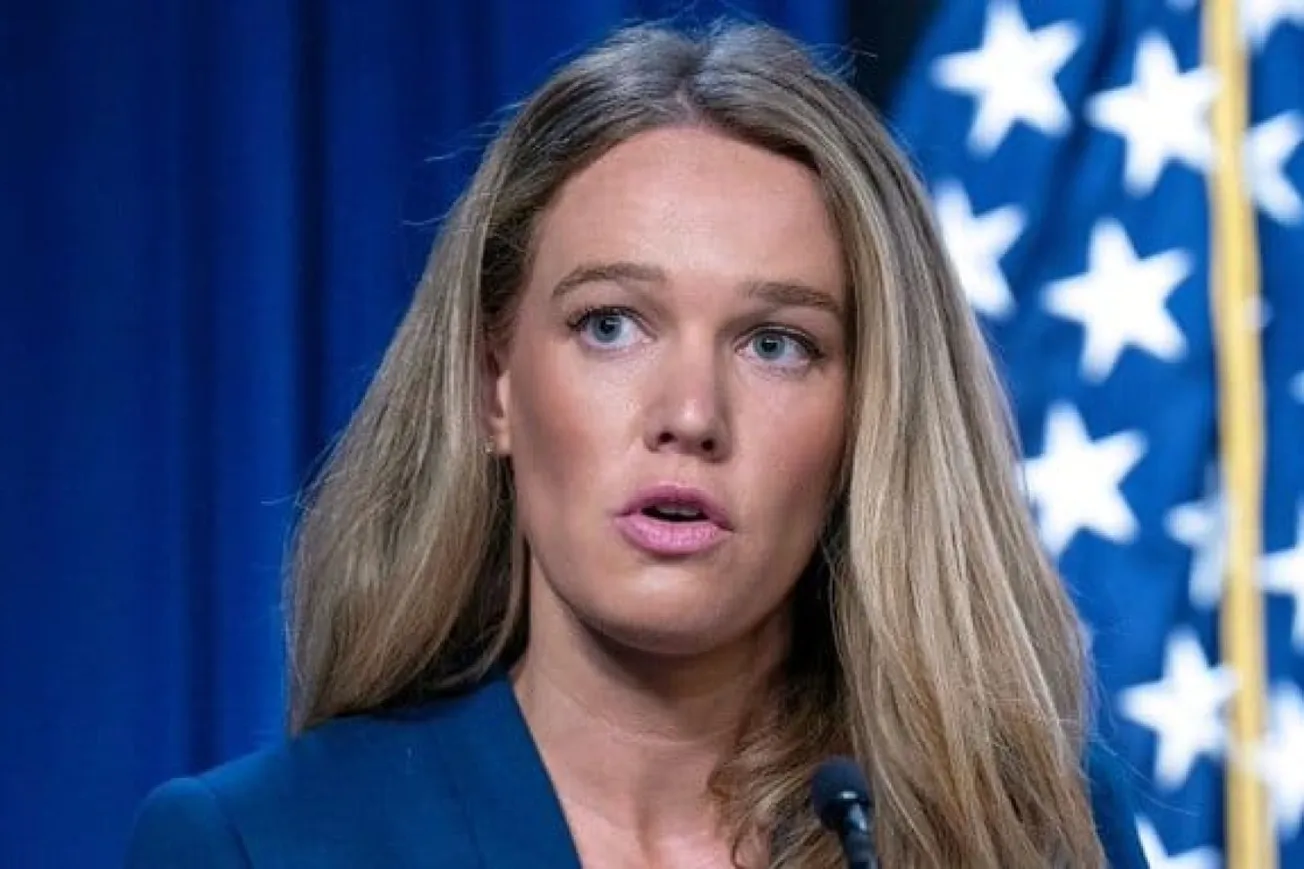As Americans spent a federal holiday digging out of the damage caused by winter storms, the N.Y. Times published a Page One story by their star healthcare reporter Apoorva Mandavilli: The C.D.C.'s New Challenge? Grappling With Imperfect Science.
The story acknowledged three significant facts. First, the science behind the coronavirus is imperfect. Second, some C.D.C. officials believe that the Biden White House exerts a heavy political influence on Dr. Rochelle P. Walensky. And finally, the C.D.C. has sometimes skipped much of the traditional scientific review process in providing its recommendations.
The core argument of the vaccine skeptics has always revolved around these three points.
How can we trust that the vaccines are safe if the science is imperfect and the C.D.C cuts corners from the traditional scientific review processes before providing its recommendations? F.D.A. approvals of such vaccines generally take five years or more, so how do we know that Covid vaccines, approved on an emergency basis with a minimum number of trials, do not have adverse side effects? What gives social media platforms the right to silence viewpoints opposing the science of the day? Isn't a vigorous debate about alternate forms of therapy justified when the science is not settled?









